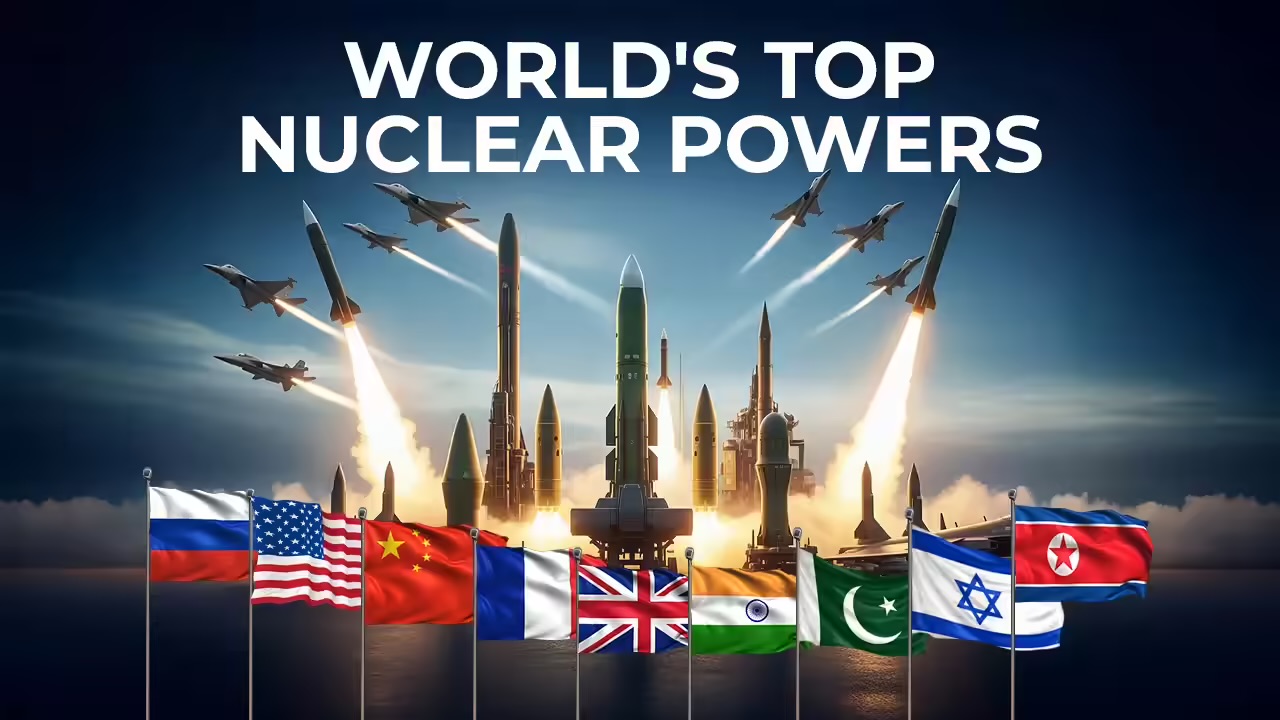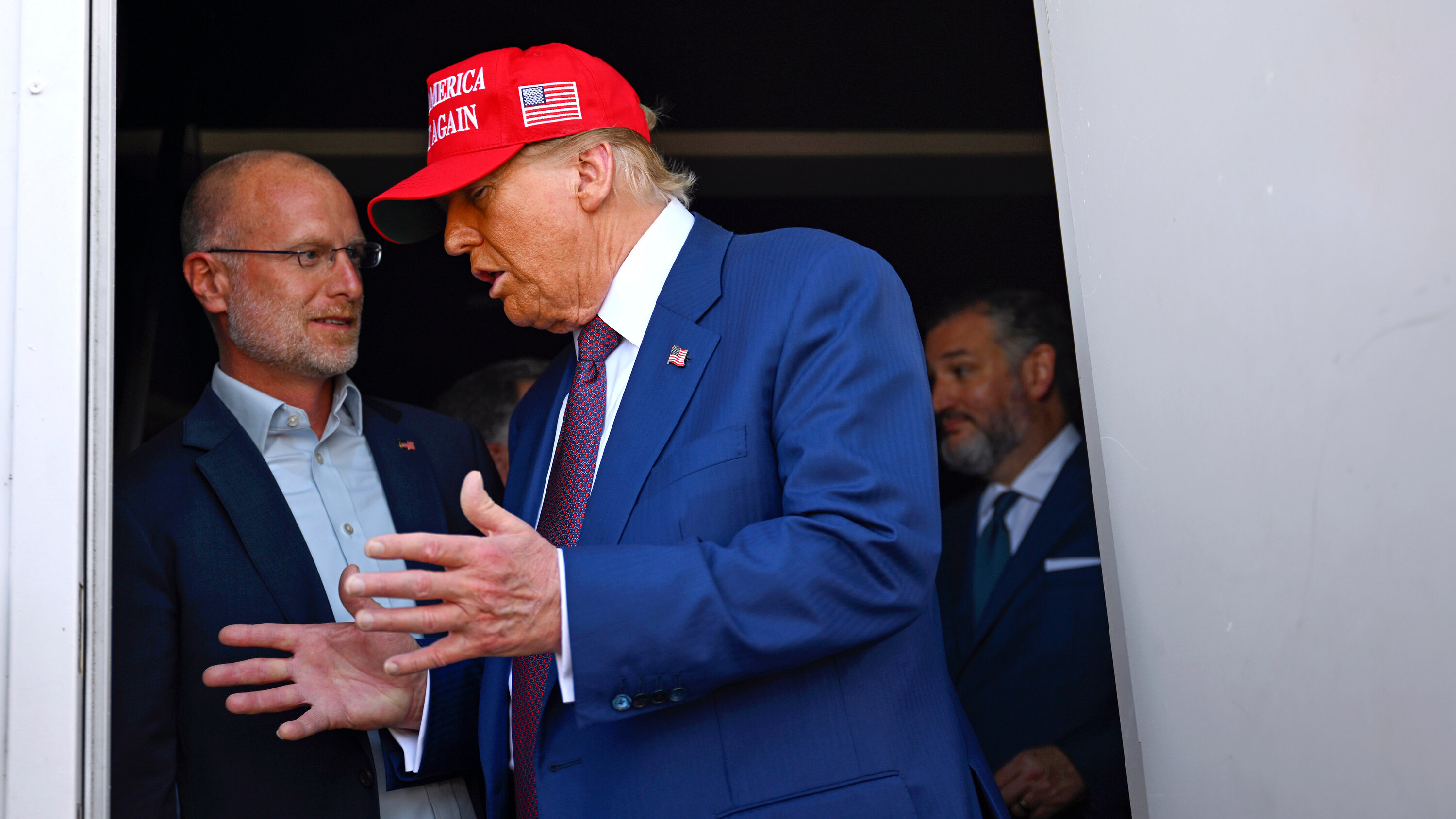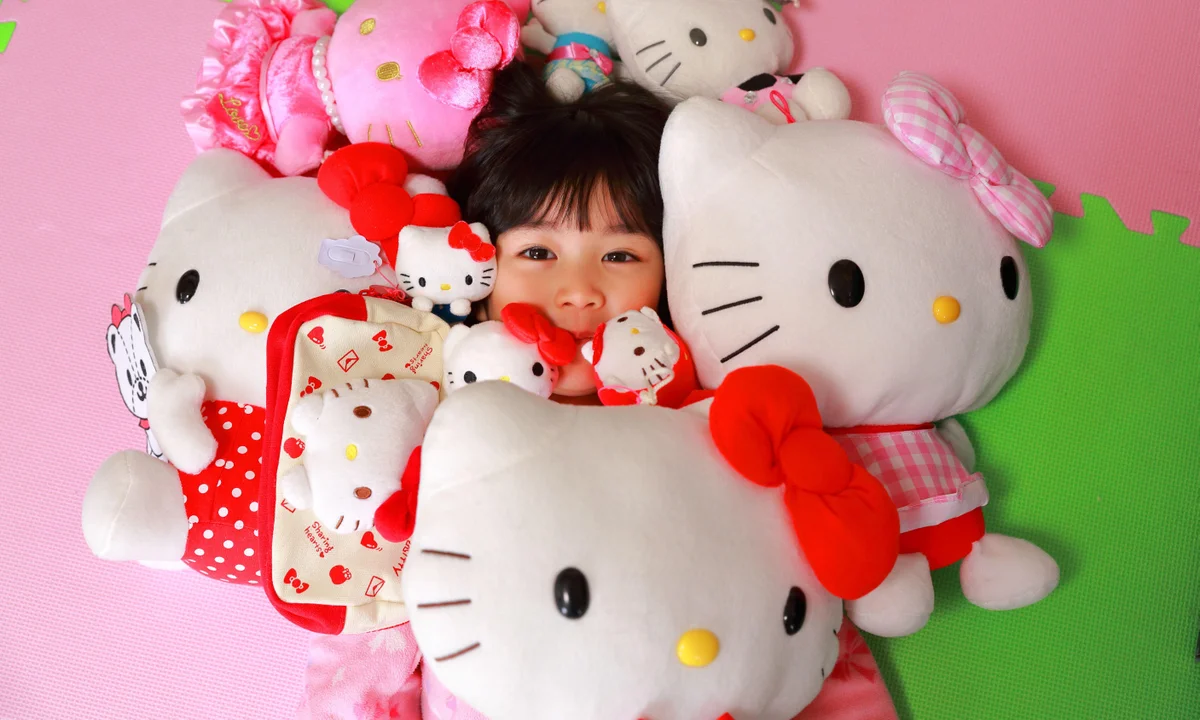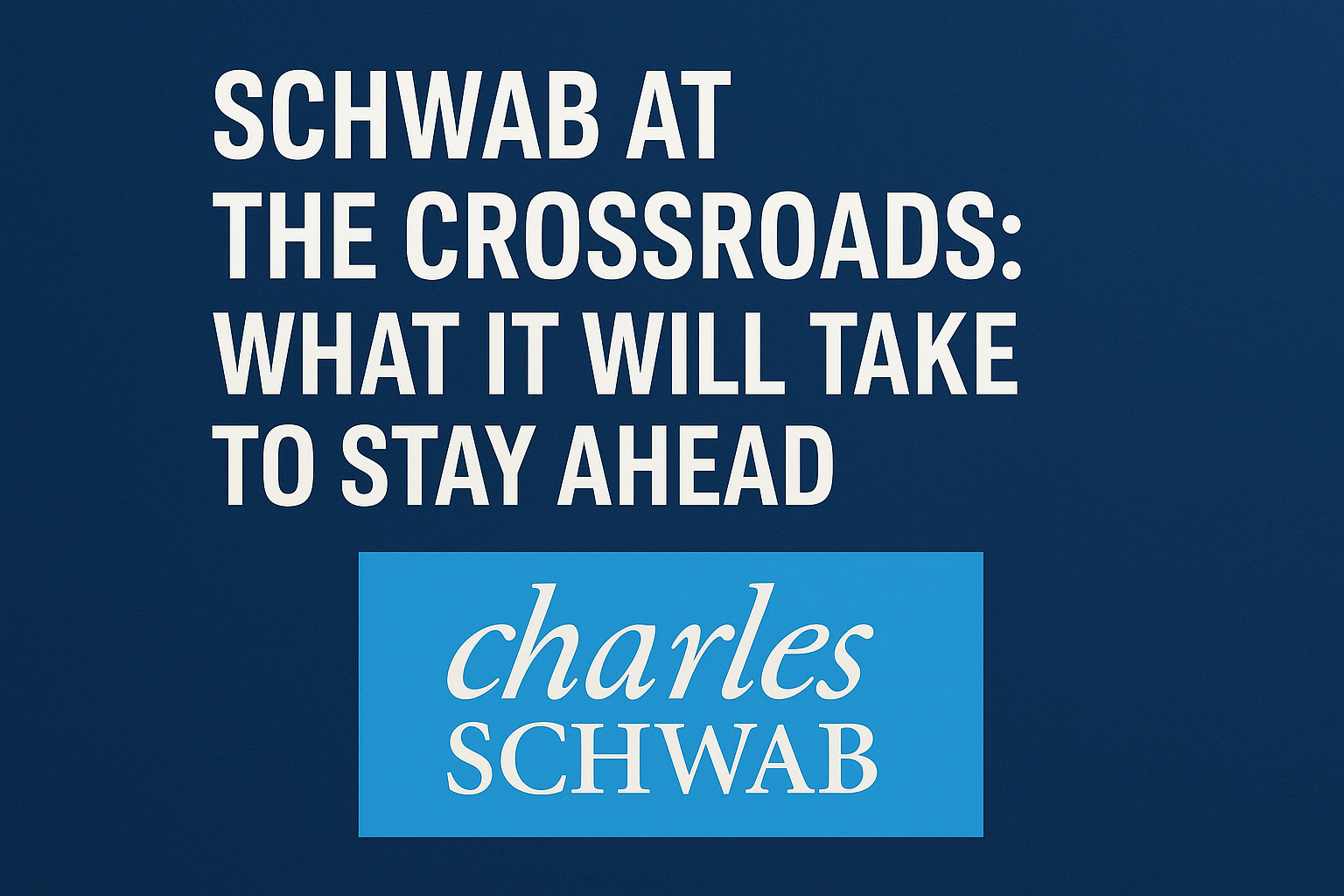
Nuclear power sits at the intersection of energy, war, and economics. Its role in survival reveals the fragility of global finance, security, and civilisation itself.

In a democracy, businesses are supposed to provide goods, services, and jobs — not police satire. Yet here we are: corporations making cultural decisions not out of artistic judgment, but out of political fear.

Created in 1974 by designer Yuko Shimizu, Hello Kitty has generated $84.5 billion and spawned more than 50 000 products. This feature traces her rise, the marketing strategies behind her omnipresence, and the lessons entrepreneurs can learn.

When a man guns down the leader of the nation’s largest health insurer, can we really separate the individual from the collective? Was this an attack on one man—or on the machinery of corporate healthcare? The law says no. Reality whispers otherwise.

Fees are racing toward zero, fintech disruptors are nipping at the edges, and wealth clients demand more bespoke, human-meets-digital experiences. Schwab is at a crossroads: evolve into the platform of the future or risk being seen as a relic of the discount-brokerage past.

For the past two decades, business has lived under a spell — the belief that technology is the ultimate disruptor. We’ve worshipped at the altar of innovation, measuring success by how quickly we could automate, digitise, and optimise. Tech has indeed changed the way we live, work, and connect. But here’s the inconvenient truth: In the next decade, technology won’t be the competitive advantage. Trust will.